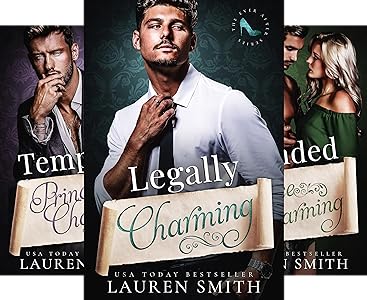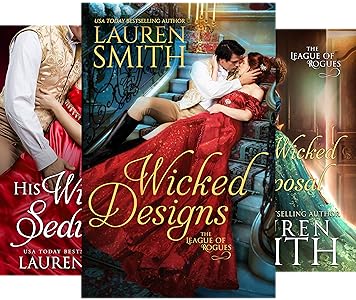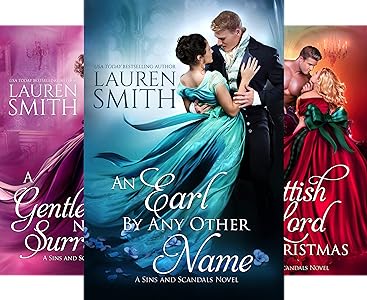The Series Writing Playbook: Insights from USA Today Bestselling Author Lauren Smith
Book series offer authors a powerful way to increase sales, build reader loyalty, and simplify marketing.
USA Today bestselling author Lauren Smith weaves captivating romance novels that keep readers coming back for more. Her works are a testament to the power of series storytelling.
In this interview, Lauren dives into the many benefits of writing a book series.
Learn valuable tips for aspiring authors considering the series format from a bestselling author herself.
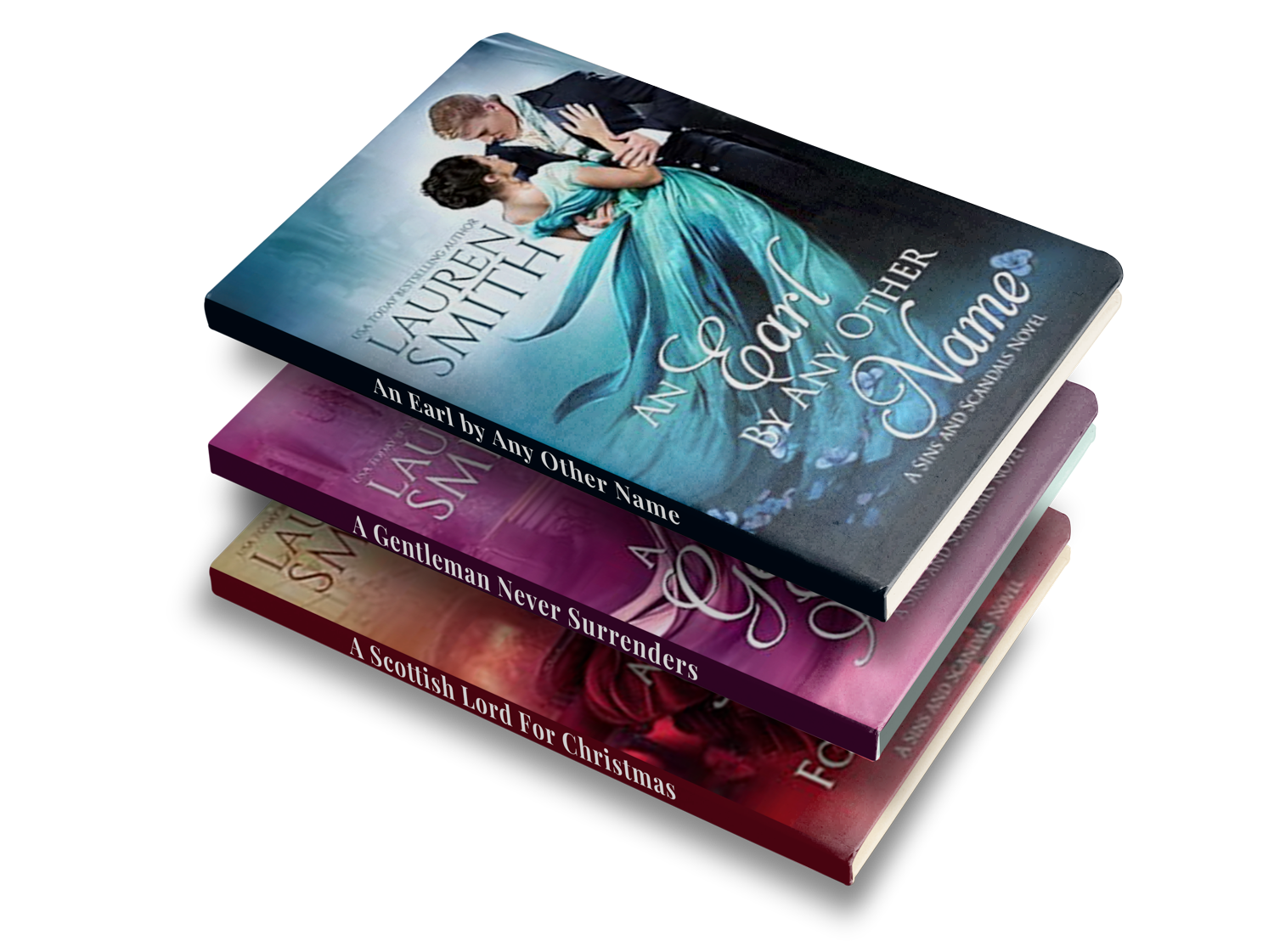
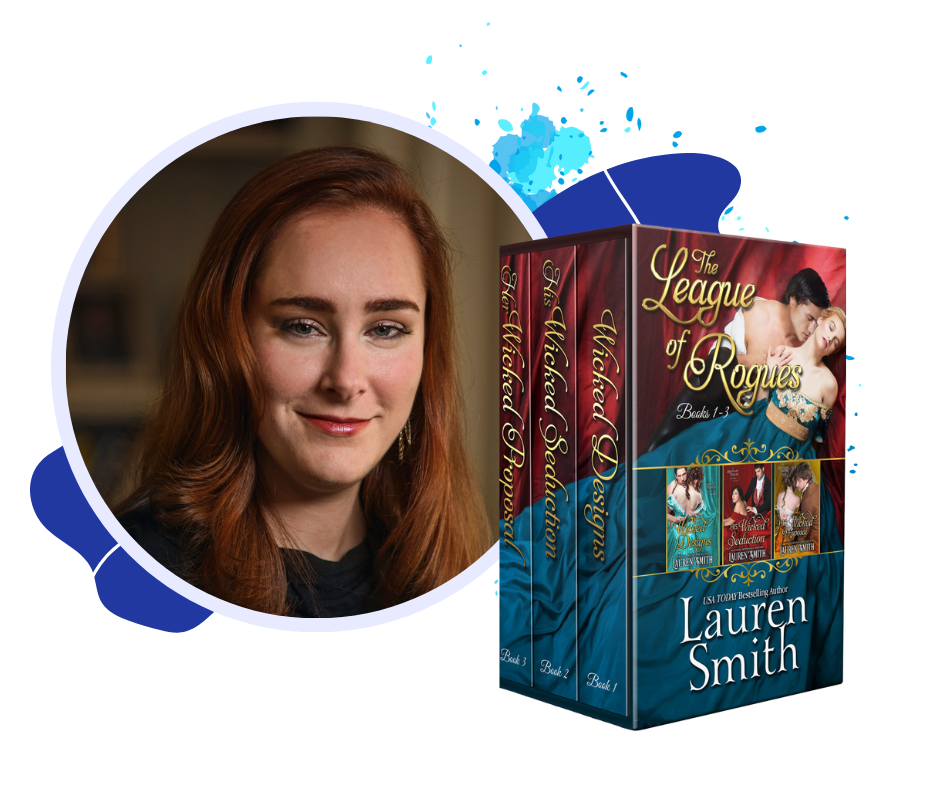
Lauren Smith
USA Today bestselling author Lauren Smith balances her career as an attorney with her passion for writing. By night, she crafts award-winning romances that captivate readers with emotional depth and a touch of adventure. She’s won multiple awards in several romance subgenres including: New England Reader’s Choice Awards, Greater Detroit BookSeller’s Best Awards, and a Semi-Finalist award for the Mary Wollstonecraft Shelley Award. She was a 2018 RITA ® Finalist in the Romance Writers of America Contest.
Lauren Smith distributes three different book series with PublishDrive: The League of Rogues, Sins and Scandals, and Ever After.
1. Can you tell us how writing a book series has impacted your royalty earnings compared to standalone novels? Have you seen a rise in sales thanks to the series format?
Writing a series has a positive impact on royalties. There is more long term engagement with a series because of read-through. If you can successfully write a good book 1 and good books following that have characters or settings that tie the series together, readers will be addicted to reading more in the series which means more sales of the entire series. I always find series do better in sale than standalones for the simple reason that readers like series.
2. How does a series affect reader engagement?
Readers like being in the same world for more than one book. It’s a comfort to know the rules established, the characters or the setting. They can dive into each book knowing that they have a basic understanding of the “series world” you’ve built. It means less time learning new things and getting right into the new story which means it’s easier to read and read quickly so they are on to the next book. Plus readers like having a sense that their favorite characters exist in a community together, so series about families or friends always do so well with readers.
3. How does your marketing strategy for a series differ from a standalone book? Do you find it easier to promote subsequent books in the series because of the established fanbase?
Marketing a series is much easier than marketing a standalone book. For a series you want to do either 99 cents or free promotions either every now and then or permanently, and then have the other books be around 3.99. For characters that you have driven to a fever pitch of desire for the readers to know their stories, you can charge 5.99 or 4.99 and get an extra dollar since you know they will pay to read that book. It’s definitely easier to promote later books in a series when you can direct readers to book 1. The main challenge of marketing a series is that later books sometimes require being read in order and new to you readers might have to start at the beginning. That’s where “free” promotions can really help.
4. What are some of the challenges and rewards specific to writing a book series?
The biggest reward to a series is that readers can pick favorite tropes and favorite characters from among the list of the series and have different opinions about which book is the best. It also lets them love more than one character and can build an obsession with the series. My best series is 18 books long and counting and readers can’t get enough of that universe. The challenge is the planning. I am a panster so I write by the seat of my pants with no planning and I have to force myself to do some “thinking” about the future books and future stories to get a sense of what I need to know to write a series that holds the readers interest throughout all of the books.
5. What advice would you give to aspiring authors who are considering writing a book series?
Map out your main characters in each book. Have a general idea of who they are and what they want and how that will change or grow over a series not just in their particular book in the series. Have at least a basic core number of 3 or more books in a series. I’ve heard 4 or 5 books or more is actually the best for royalties via readthrough. Try to have the next book up when you publish the first book and include a sneak peak or preview of the next book in the back of the previous book with a buy link in your backmatter. Try to release the books as close together as your personal writing schedule will allow. Have matching covers by the same designer so they all look like they belong together. Create promo materials that have all the books featured (once the series is complete). Write each book with a happy ending or a happy for now ending and then put an epilogue cliffhanger that sets up the characters in the next book.
Key Takeaways: Why Book Series Are a Great Option for Authors
- Series can boost sales: Readers tend to get invested in a series and buy more books to follow the story and characters.
- Series improve reader engagement: Readers feel comfortable in a familiar world and characters, making it easier to jump into new books in the series.
- Series marketing is easier: You can leverage the existing fanbase and offer promotions strategically to keep readers engaged.
- Series writing requires planning: While the rewards are great (think reader obsession!), plotting multiple books in advance is crucial for a successful series.
- Tips for aspiring series writers: Develop characters across the series, plan for at least 3-4 books, publish sequels closely together, maintain a consistent cover design, and strategically use cliffhangers to keep readers hooked.
Explore Lauren's Universe
